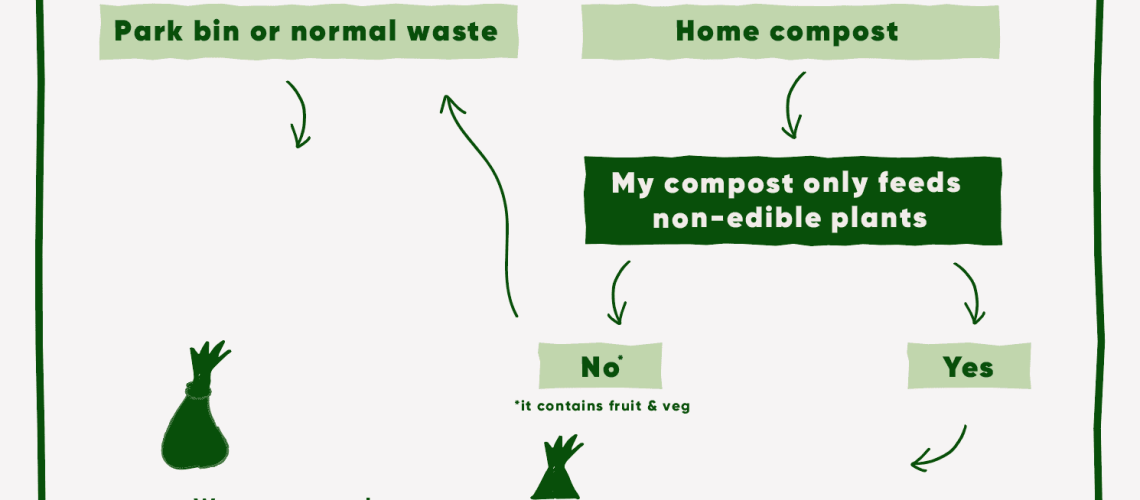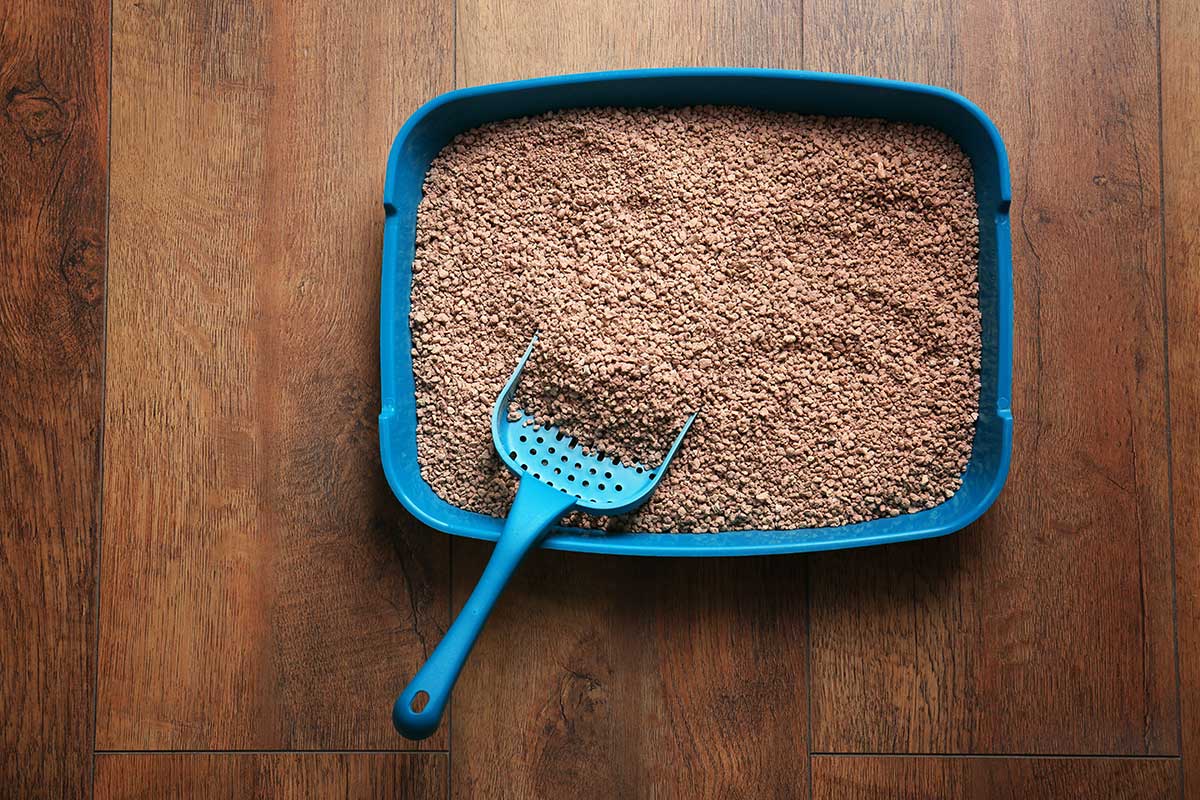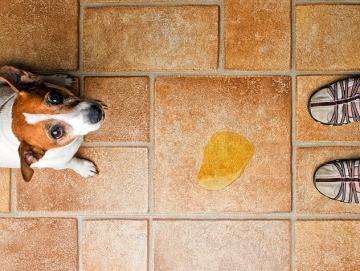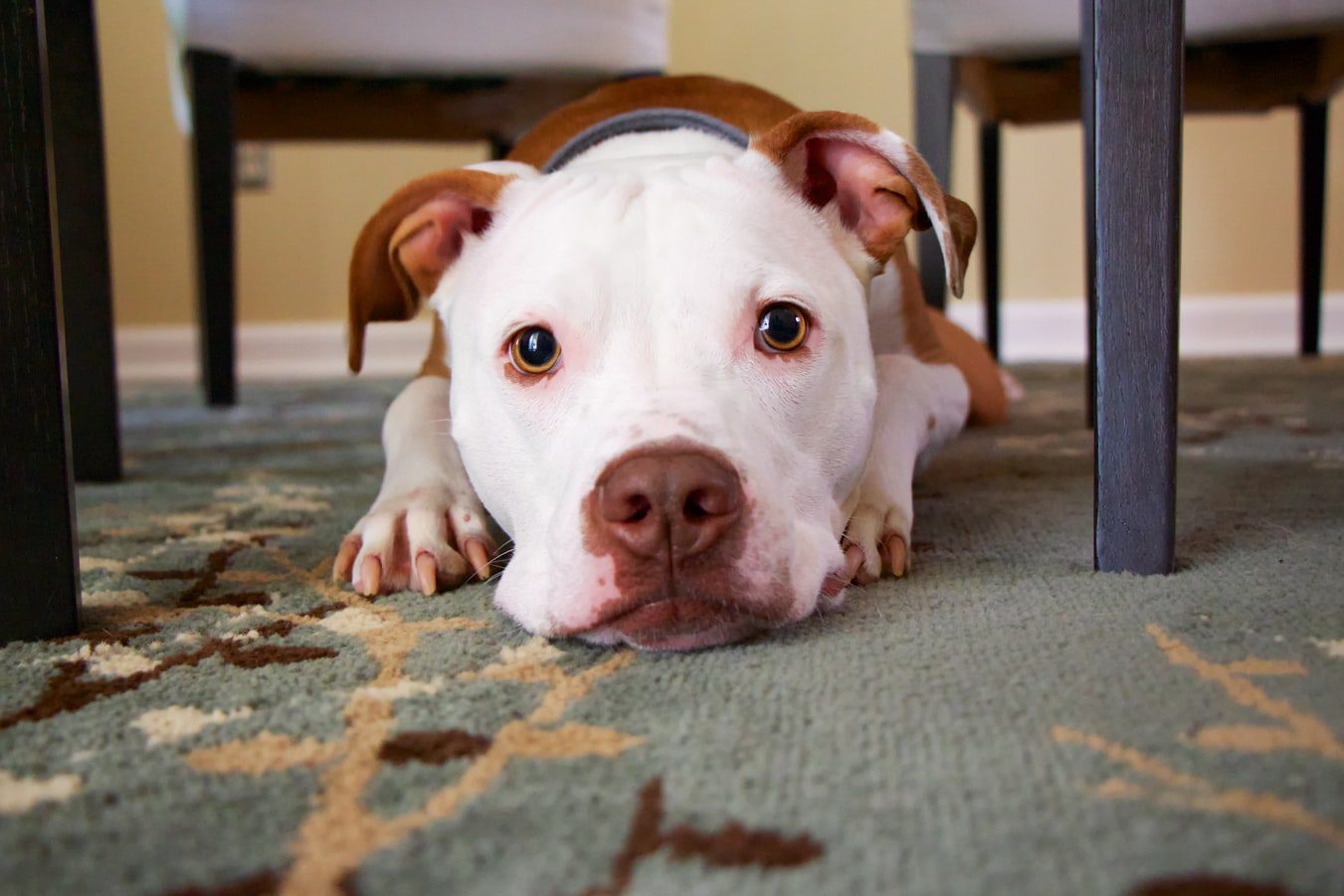In this article, we will explore the most effective and responsible methods for getting rid of dog waste.
Key Takeaways:
- Always pick up after your dog to maintain a clean and hygienic environment.
- Use biodegradable poop bags to reduce the environmental impact of disposing of dog waste.
- Properly seal the poop bags to prevent any odors or leakage during disposal.
- Consider using a designated dog waste disposal system or hiring a professional service for convenient and responsible waste management.
- Avoid flushing dog poop down the toilet as it can contaminate water sources and cause environmental damage.
The Importance of Properly Disposing of Dog Poop
Properly disposing of dog poop is essential for several reasons. Firstly, it helps to keep our environment clean and hygienic. Dog waste contains harmful bacteria and parasites that can pose a threat to human health if not handled properly. By picking up after our dogs and disposing of their waste in the right way, we can prevent the spread of these contaminants.
Secondly, failing to clean up after our dogs can create an unpleasant experience for others who use public areas such as parks and sidewalks. Stepping on dog poop is not only disgusting but also a hassle to clean off shoes or clothes. It's important to be considerate of others and ensure that public spaces are kept clean and enjoyable for everyone.
Health Risks Associated with Leaving Dog Poop in Public Areas
Leaving dog poop in public areas can have serious health consequences. When dog waste is left unattended, it becomes a breeding ground for bacteria such as E.coli and Salmonella. These bacteria can contaminate soil, water sources, and even air, posing a risk to both humans and other animals.
In addition to bacteria, dog feces may contain parasites like roundworms and hookworms. These parasites can survive in the environment for long periods and infect other animals or humans who come into contact with contaminated soil or water. Ingesting these parasites can lead to various health problems, including gastrointestinal issues, fever, fatigue, and even blindness in severe cases.
List of Health Risks:
- Bacterial infections (E.coli, Salmonella)
- Parasitic infections (roundworms, hookworms)
- Gastrointestinal issues
- Fever and fatigue
- Blindness (in severe cases)
Safe and Eco-Friendly Ways to Dispose of Dog Poop
When it comes to disposing of dog poop, there are a few safe and eco-friendly options. One method is to use biodegradable poop bags. These bags are specially designed to break down over time, reducing their impact on the environment. After picking up your dog's waste, simply place it in the bag, tie it securely, and dispose of it in a designated trash bin.
An alternative option is to use a dog waste composting system. These systems allow you to compost your dog's waste in a controlled manner, turning it into nutrient-rich soil that can be used for non-edible plants or landscaping purposes. It's important to follow the instructions provided with the composting system to ensure proper decomposition and minimize any potential health risks.
Benefits of Using Biodegradable Poop Bags:
- Reduce environmental impact
- Bags break down over time
- Easier disposal in designated trash bins
- Promote responsible pet ownership
List of Safe Disposal Methods:
- Using biodegradable poop bags
- Dog waste composting system
Rules and Regulations for Dog Waste Disposal in Our Community
In our community, there are specific rules and regulations regarding the disposal of dog waste. It is important to familiarize ourselves with these guidelines to ensure we are being responsible pet owners.
One common rule is that dog owners must pick up after their dogs and dispose of the waste in designated trash bins. Some communities may also require dog owners to carry poop bags with them while walking their dogs and to clean up immediately after their pets.
Failure to comply with these rules can result in fines or penalties. By following the regulations, we contribute to maintaining a clean and safe environment for everyone in our community.
Examples of Dog Waste Disposal Regulations:
- Pick up after your dog
- Dispose of waste in designated trash bins
- Carry poop bags while walking your dog
- Clean up immediately after your pet
The Benefits of Using Biodegradable Poop Bags for Cleaning Up After Dogs
Using biodegradable poop bags when cleaning up after our dogs offers several benefits. Firstly, these bags are designed to break down naturally over time, reducing their impact on the environment. Unlike regular plastic bags that can take hundreds of years to decompose, biodegradable bags break down much faster, minimizing their contribution to landfill waste.
In addition to being environmentally friendly, biodegradable poop bags are also convenient and easy to use. They are just as durable and reliable as traditional plastic bags but have the added benefit of being more sustainable. By choosing biodegradable options, we can make a small yet significant difference in reducing plastic pollution.
The Benefits of Using Biodegradable Poop Bags:
- Environmentally friendly
- Faster decomposition compared to regular plastic bags
- Durable and reliable for picking up dog waste
- Contribute to reducing plastic pollution
Can Dog Waste Be Used as Fertilizer?
While it may seem tempting to use dog waste as fertilizer for plants or gardens, it is generally not recommended. Unlike herbivorous animals' waste, such as cow manure, dog waste contains harmful bacteria and parasites that can pose a risk to human health if used improperly.
The high levels of nitrogen and phosphorus in dog waste can also be detrimental to plant growth and soil quality. When dog waste is applied directly to plants or soil, it can cause nutrient imbalances and potentially harm the vegetation.
To ensure the safety of plants and humans, it is best to avoid using dog waste as fertilizer. Instead, consider other composting methods specifically designed for pet waste disposal or consult with local experts for safe alternatives.
Maintaining a Clean Environment: How Often Should We Clean Up After Our Dogs?
To maintain a clean environment and prevent the spread of harmful bacteria and parasites, it is important to clean up after our dogs regularly. The frequency of cleaning up may vary depending on factors such as the size of the dog, their diet, and their bathroom habits.
As a general guideline, it is recommended to clean up after your dog at least once a day or immediately after they have defecated. This applies both in public areas and in your own yard. Regularly removing dog waste helps minimize the risk of contamination and ensures a cleaner environment for everyone.
Tips for Cleaning Up After Your Dog:
- Clean up at least once a day
- Dispose of waste properly
- Use biodegradable poop bags
- Wash hands thoroughly afterward
Alternatives to Throwing Away Dog Poop: Flushing It Down the Toilet?
Flushing dog poop down the toilet may seem like a convenient solution, but it is generally not recommended. Most wastewater treatment systems are not designed to handle pet waste, and flushing it can lead to various problems.
Firstly, dog waste can contain parasites and bacteria that are resistant to treatment in sewage systems. These contaminants can end up in water sources and pose a risk to aquatic ecosystems and human health. Additionally, flushing dog waste can contribute to clogging pipes and sewage backups if not properly broken down.
The best practice is to pick up dog waste using biodegradable bags and dispose of it in designated trash bins. This ensures proper containment and prevents potential environmental and plumbing issues.
Promoting Responsible Pet Ownership: Encouraging Proper Disposal of Dog Waste in Our Community
Promoting responsible pet ownership includes educating pet owners about the importance of proper disposal of dog waste. By raising awareness about the risks associated with leaving dog poop behind and providing information on safe disposal methods, we can encourage positive behavior within our community.
One way to promote responsible pet ownership is through community initiatives such as providing easily accessible poop bag dispensers in public areas or organizing educational campaigns on the topic. By working together, we can create a cleaner environment for everyone while ensuring the well-being of our pets and neighbors.
Providing Education on the Importance of Proper Disposal
One way to promote responsible pet ownership and encourage proper disposal of dog waste in our community is by providing education on the importance of this issue. Many pet owners may not be aware of the negative impacts that leaving dog waste behind can have on the environment and public health. By organizing workshops, distributing informational brochures, or hosting community events, we can raise awareness about the importance of picking up after our pets.
Workshops and Seminars
Organizing workshops and seminars can be an effective way to educate pet owners about the significance of proper disposal of dog waste. These events can be held at local community centers or parks, inviting experts in environmental conservation or veterinary professionals to speak about the potential hazards associated with leaving dog waste unattended. The workshops can also provide practical tips on how to properly dispose of dog waste, such as using biodegradable bags or designated pet waste stations.
Implementing Pet Waste Stations throughout the Community
In order to make it easier for pet owners to dispose of their dogs' waste responsibly, implementing pet waste stations throughout our community is crucial. These stations typically consist of a dispenser containing biodegradable bags and a trash bin specifically designed for dog waste. By strategically placing these stations in popular walking areas, parks, and other public spaces, we can encourage pet owners to pick up after their dogs.
Identifying Ideal Locations
To ensure maximum utilization of pet waste stations, it is important to identify ideal locations for their placement. Areas with high foot traffic such as parks, trails, and sidewalks near residential areas are excellent choices. Additionally, considering areas where people frequently walk their dogs will help increase accessibility and convenience for pet owners.
Maintenance and Monitoring
Regular maintenance and monitoring of the pet waste stations are essential to ensure their effectiveness. This includes regularly restocking bags, emptying trash bins, and cleaning the stations to maintain hygiene. Assigning volunteers or partnering with local businesses or organizations can help distribute this responsibility and ensure that the pet waste stations remain functional and well-maintained.
| Catchy Conclusion | |
| Option | Benefits |
| 1. Use biodegradable bags | Eco-friendly and easy to dispose of |
| 2. Compost the waste | Sustainable solution that enriches soil |

















